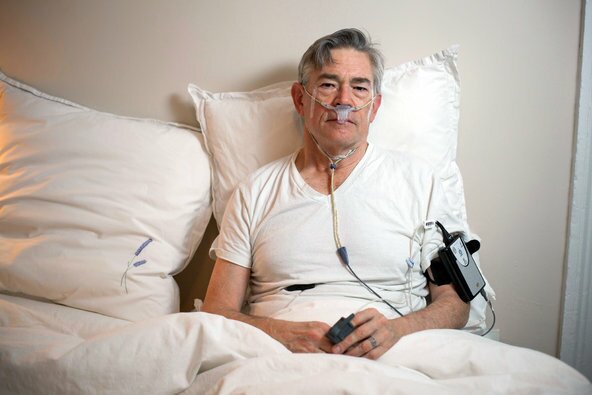
Sleep specialists are doctors who have undergone comprehensive training and additional education in the field of sleep medicine. Sleep apnea doctors are pulmonologists (lungs), neurologists (brain), otolaryngologists (ear, nose and throat), psychiatrists (mental health) or family physicians.
Getting a good night’s sleep plays in an important role in our overall health and longevity of our lives. It is highly recommended, if you have irregular sleep patterns, to see a sleep doctor as soon as possible. Getting bad or inefficient sleep can compound through your life taking years away. There are also many health risks involved in getting troubled sleep such as; Cardiovascular disease, (People involved in the study who slept five or less hours per day had a two times higher risk of cardiovascular disease than those who slept seven hours) increased risk of stroke, bad sleep is linked to diabetes, it can Weaken the body’s antibody, Increasing the desire to eat fatty Foods, increase stress levels, and aging.
Test/Diagnosis
After your doctor has referred you to a Sleep Specialist there will be a number of tests he can perform based on your symptoms. Here are 2 common tests Sleep Specialists perform:
- Nocturnal polysomnography.While you Sleep you are hooked up to equipment that will monitor all your bio signs including your lung activity, brain activity,breathing patterns, muscle twitches, arm and leg movements, heart activity, as well as your blood oxygen levels.
- Portable monitoring devices.When the circumstances are not drastic, often times a doctor will prescribe a simplified device that you can take home to diagnose Sleep Apnea. Typically, this will measure your heart rate, blood oxygen, airflow and breathing. Common symptoms of sleep apnea in this tests will show drops and rises in your oxygen level during apneas and awakenings. If you have obvious abnormal results a doctor may immediately choose therapy without further tests.
Treatment
There are many treatments that only require simple lifestyle changes. There are also many holistic approaches to Sleep apnea. Generally these are used for mild cases of sleep apnea. More severe cases may require surgery, oral appliances or a CPAP (Continuous positive airway pressure) mask. If you have any concerns with your sleeping patterns or are not getting enough sleep, talk to your doctor about it right away. Getting great sleep can change the way you live your life.